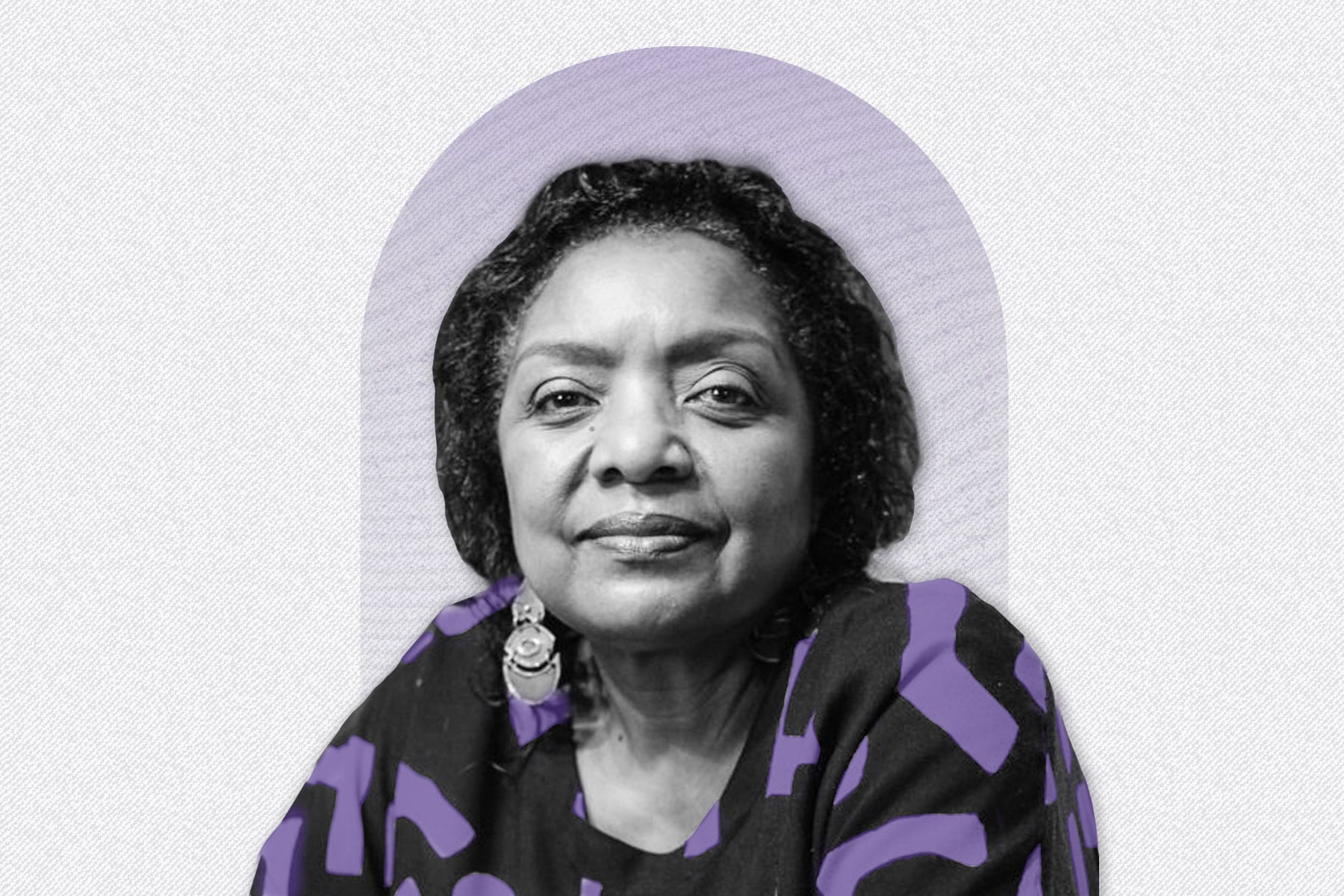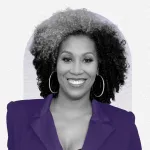During the summer of 1961, a group of college students trained in nonviolent protest worked to desegregate the interstate busing system. Their efforts were among the major campaigns of the civil rights movement. To mark the 60th anniversary of the effort, known as the Freedom Rides, The 19th’s Editor-at-Large Errin Haines spoke with Catherine Burks-Brooks, a native of Alabama who was a 21-year-old college student during the historic trek. Her Freedom Rides peers included Bernard LaFayette, James Bevel, Diane Nash and John Lewis. Now 81, Burks-Brooks recalled how the group was determined to push for equal rights, expressed admiration for today’s protest movement for social and racial progress, and said she wants to see voting rights protected in Congress.
This interview has been edited for length and clarity.
Errin Haines: Can you start by telling me how you became involved with the Freedom Rides?
Catherine Burks-Brooks: I was a student at Tennessee [A&I] State University. I was a member of a group that was sitting in, that had integrated the bus stations and movie houses and restaurants in Nashville. One of our students was on the original Freedom Rides, John Lewis, I suppose you know him.
We were having a picnic, we were celebrating something out in the park. This is when we heard that CORE [the Congress of Racial Equality] had given up the Freedom Rides, they were no longer going because they couldn’t get bus drivers. We felt, in our group, that the Freedom Rides should continue.
You were a young, Black woman, a student. When they were talking about going on the Freedom Rides, were you scared?
No. I had been in demonstrations for a couple of years. I had demonstrated in Birmingham by myself and I had demonstrated in Nashville, I don’t know how many times, and I had been arrested three or four times. We felt that it was something that needed to be done and we were ready to do it.
So you decide to become a Freedom Rider. What happened next?
We got on the Freedom Ride in Nashville. We were not going to start anything until we got to Birmingham. I was with my new boyfriend, Paul Brooks. Jim Zwerg [who was White] and John Lewis, they were sitting together on the bus. We scattered out on the bus, we didn’t sit towards the front. But those two got the front seat on the bus.
When we got to the city limits, Bull Connor stopped the bus, got on the bus and told them to move, to separate. And they didn’t do either one, so he arrested them. (Connor was the top cop in Birmingham and a central villain in the Civil Rights battle.)
When we got to Birmingham, to the bus station, Bull Connor got back on the bus and he said, “Everybody that got on the bus in Nashville, raise your hand.” No hands went up. He said, “Let me see your tickets.” So we pulled our tickets out to show him and everyone that got on the bus and Nashville, he kept us on. One White girl — she was the only White girl that was with us — she was late and got on the bus in the next little town from Nashville. She was allowed to get off the bus and so she called back to our office in Nashville and let them know what was going on. Diane [Nash] was in the office.
Bull Connor kept us on the bus, I suppose about two or three hours. They even covered the bus to stop the people from seeing us. My mother did come down to see me, but I was on the bus and the windows were covered.
After a couple of hours, he let us off the bus and we went straight to the White waiting room. And that’s where we stayed until he arrested us, he said, for our protection. Now, we were in that bus station about three or four hours, I guess, or longer.

What were you thinking as all of this was happening? What were the feelings you were having?
To get me a comfortable place to rest! I was in for the stay. And when I was arrested in Jackson, Mississippi, and I got my smirk on, everybody wanted to know what I was thinking about … I was wanting those people to hurry up and finish with me. I knew they were taking me to jail and I knew I had to get on the top bunk to avoid the floor.
I don’t know, at that point, what I was thinking about, but we were never afraid or frightened. We had been through it and we had been trained properly.
Why did you feel it was so important for you to fight for your rights?
Because we should have our rights. I had talked to these students from Africa and they told us about our ancient history, and we had looked it up and found out that we had a civilization once, and we were strong people and we just got beat down.
Do you remember registering to vote?
I guess I was in my 20s, in Birmingham. I just went down there, my brother told me where to go. And it was no problem, no problem at all. I just went to the courthouse and registered and voted.
So this was after the Voting Rights Act, when you were able to register?
Yes. I would’ve had some problems. They were not trying to stop us. But everything had passed.
There are states now that are trying to make it harder for some people to vote. What do you think about that? What do you want Congress to do about the federal voting rights laws being considered now?
I think they will do everything that they can to stop us. I want Congress to do the right thing. They know what the right thing is. They just won’t do it.
Do you worry about the rights you fought for back then being in jeopardy now with what you see happening in the country and Black Americans?
No, because I see movements and I see active Black people, young Black people. I think they are headed the right way. I think they are doing something.
On the 60th anniversary of the Freedom Rides, what is on your mind?
It doesn’t look like it’s been 60 years. Doesn’t feel like it, either, but it has, and we’re still moving, and the young people are still moving. Black lives matter. And they are not doing it the way we did it, but we didn’t do it the way the folks before us did it.






